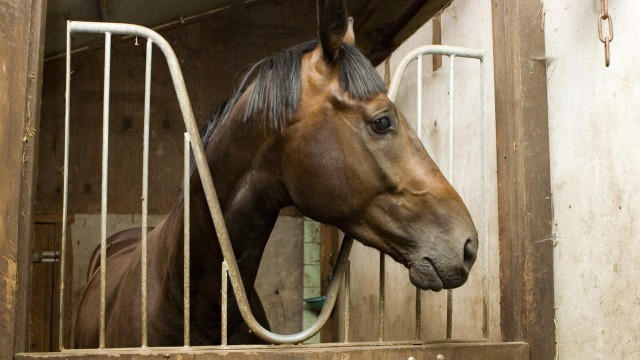Buying and selling horses: your rights

When it comes to buying and selling horses, it’s important to understand your legal rights – especially since the Consumer Rights Act 2015 came into force in October. Solicitor Hannah Bradley has useful advice to help protect yourself, whether you are a buyer or seller.
Buying and selling
It’s important that we are aware of our legal rights when entering into a contract, particularly one which might have a significant financial cost, or otherwise have a considerable impact on our lives, such as the purchase of a horse.
On 1 October 2015, The Consumer Rights Act 2015 came into force – and will affect all consumer contracts made from that date onwards. The introduction of the Act is the biggest change to consumer law in recent years and it will replace previous consumer law, including the Sale of Goods Act 1979.
The Act clarifies the previously complex web of consumer law. For the purpose of this article, we focus on the new, clearer route which a consumer may follow if they wish to reject goods, or require a repair or replacement.
What is a ‘consumer contract’?
The provisions of the Act will apply only to business to consumer contracts.
- Are you a consumer? Broadly speaking, you will be deemed to be a consumer if you are acting for purposes entirely separate from your business, trade or profession. If you ride or keep horses solely for pleasure this will be you.
- Are you buying from a trader? Or are you a trader? A trader means any person who is acting for purposes relating to their trade, business or profession.
What happens if the horse is not up to scratch?
It is important to be aware that (broadly similar to with previous law), the Act says that all goods supplied to consumers in the course of a business must be of satisfactory quality, fit for purpose, as described, matching any sample provided and in accordance with any information provided before the contract was entered into.
A consumer now has a “tiered” system of rights in dealing with goods which they believe do not meet the relevant applicable standard.
The right to reject
In the first instance, and crucially, within 30 days of both ownership having passed and the horse having been delivered, the consumer has a short-term right to reject the horse.
If you wish to reject the horse, you must clearly indicate that you are treating the contract between you and the trader as being at an end – it is best to do this in writing. The consumer will be entitled to a refund of any monies paid and the trader must bear the reasonable cost of returning the horse.
After 30 days
After the short-term right to reject the horse is lost, the consumer has a right to repair or replacement of the goods. It is, however, important to note that the trader has only one opportunity to carry out the repair or replacement. If the repair or replacement is impossible, or if the trader’s first attempt fails, the consumer then has a final right of rejection.
If a consumer exercises his or her final right of rejection, any refund due to them may be reduced to take account of any use which they have had of the horse since it was delivered.
Remember, your consumer rights apply to all goods, not just horses, your rights apply equally to the purchase of a horsebox, trailer, saddle or any other physical, moveable item.
If you are considering buying a horse from a private individual, or if you are a trader yourself, the Act will not protect you and the principle of “buyer beware” applies. It is therefore vital, in those circumstances, that you have any of the terms agreed between you and the other party recorded in a sale contract.
If the seller tells you before you buy the horse that it is bombproof in traffic, and it later transpires to be very spooky, you will be in a far stronger position to rely on that assurance if that it was recorded as a term of the contract between you. Equally, if you are selling a horse, you may wish to record that you have made no assurance about, for example, the fertility of the horse.
A well-drafted contract of sale should protect either buyer or the seller from any nasty surprises which may crop up after the sale. But, if you do find yourself in the unfortunate position of being involved in a dispute relating to the sale of a horse, it’s important to act quickly and, if necessary, take advice from a solicitor or the Citizens Advice Bureau.
Hannah Bradley is a solicitor for Brabners.






